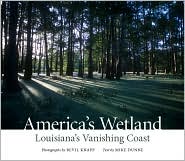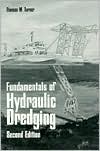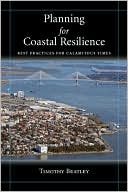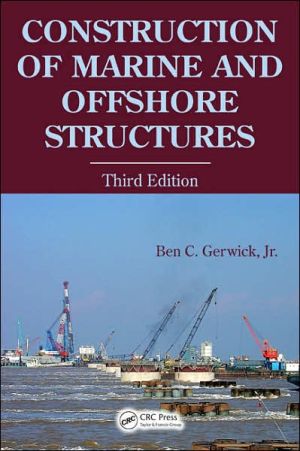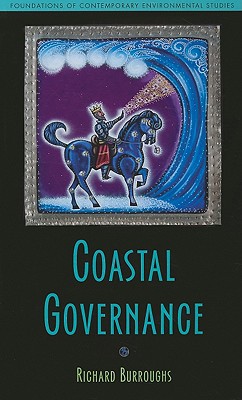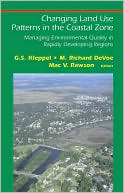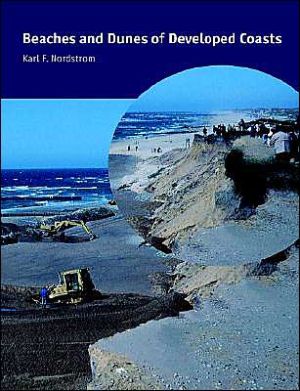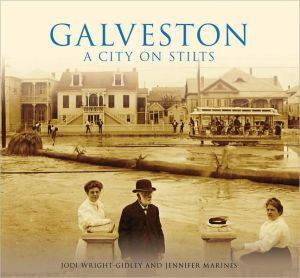America's Wetland: Louisiana's Vanishing Coast
With America's WETLAND, award-winning photographer Bevil Knapp and veteran reporter Mike Dunne sound the clarion call of the catastrophic effects of Louisiana's vanishing coastline—not just for Louisiana but for the nation and the world. This vital landscape known as America's Wetland is currently disappearing at a rate of twenty-four square miles per year and could lose another five to seven hundred square miles in the next fifty years if no action is taken. New Orleans could become...
Search in google:
With America's WETLAND, award-winning photographer Bevil Knapp and veteran reporter Mike Dunne sound the clarion call of the catastrophic effects of Louisiana's vanishing coastline not just for Louisiana but for the nation and the world. This vital landscape known as America's Wetland is currently disappearing at a rate of twenty-four square miles per year and could lose another five to seven hundred square miles in the next fifty years if no action is taken. New Orleans could become "America's Atlantis," one of the country's unique cultures lost forever. Knapp's beautiful, sometimes startling photographs and Dunne's incisive commentary bring the urgency of this problem into full view.Documented here is a way of life that is quickly waning. Fishermen, oyster farmers, cattle ranchers, oil industry workers, shipbuilders, and tugboat captains are all heavily dependent on Louisiana's coastal territory in bringing the people of the United States a host of products and services sometimes taken for granted. Home to nearly two million residents, the state's wetland serves as protection from hurricanes and storm surges and acts as a buffer for the city of New Orleans, identified by the National Hurricane Center as the city most threatened by the loss of America's Wetland. The book makes clear that as coastal erosion in Louisiana worsens at an alarming rate, the nation's economic and energy security is put at ever-higher risk and the environmental repercussions become unthinkable. Aerial photographs show how the oil and gas infrastructure is becoming increasingly exposed to the Gulf. Wells, pipelines, ports, roads, and levees that are key to delivering energy to the nation have been made vulnerable. Louisiana wetlands are the natural nursery ground for much of the country's seafood and the wintering habitat for more than five million waterfowl and migratory birds. Stunning photographs of owls, pelicans, egret, crab, crawfish, and alligators illustrate the vast array of wildlife whose home if not very survival is endangered by the possible collapse of this intricate ecosystem. America's WETLAND not only maps the causes and effects of Louisiana's diminishing coast but also outlines restorative and conservation initiatives such as tree planting, rebuilding fisheries, and setting aside wildlife refuges. With the active support of all Americans, there is still hope that this imperiled border of the country can be saved. About the Author:A professional photographer for twenty-four years, Bevil Knapp has won numerous awards for both her advertising and editorial work. A member of the Society of Environmental Journalists and the National Press Photographers Association, she lives in New Orleans. Mike Dunne is a reporter and writer for the Baton Rouge Advocate and a two-time winner of the Scripps-Howard Foundation's Edward Meeman Award. A member of the Society of Environmental Journalists and Investigative Reporters and Editors, he lives in Baton Rouge.
